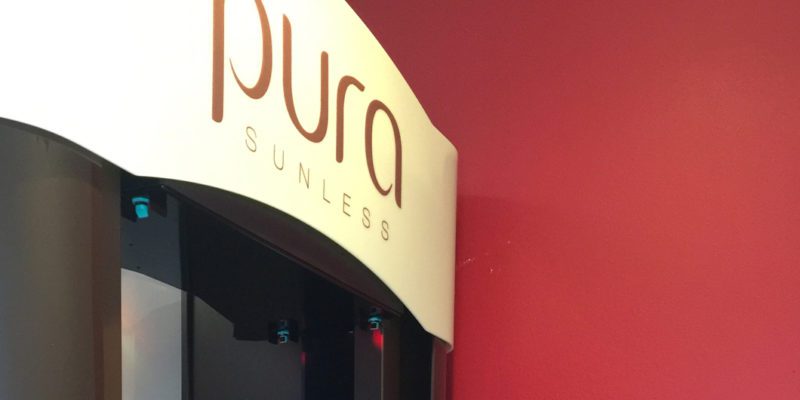Running a 24-hour tanning salon comes with unique challenges, especially when it comes to finding…

11 FAQs About Salon Liability Insurance
There are many common misconceptions about salon liability insurance and these eleven answers will help you understand the difference between salon insurance and regular business insurance.
1. Doesn’t a waiver card protect me from getting sued?
No. A waiver card can help defend your business in the event of a lawsuit. However, it does not protect you from being sued or being found liable. You must always use a waiver, but don’t expect it to replace insurance.
2. How do I decide what liability limits I should choose?
First, if you rent your space, you need to check your lease. You will be required to carry a certain amount of salon liability insurance. Second, talk with other business owners to get a feel for what limit will be best suited for your situation. Finally, examine your own personal wealth and decide a risk level you are comfortable with. If there is a claim against your business, it’s possible your own personal assets could be accessed. Ultimately, the amount of liability coverage you carry is your decision.
3. Are booth renters and independent contractors considered employees?
They are only considered employees if they are paid by you on commission or a percentage. As long as the booth renters pay a flat rate, they will be classified as independent contractors or booth renters.
4. Will my policy automatically cover booth renters and independent contractors?
No, your booth renters and independent contractors should carry their own policy to cover them when they are offering services. To protect yourself, you should also require that they list you as an additional insured on their policy. We have policies specifically designed for booth renters and independent contractors. You can also add a booth renter and independent contractor to your existing salon liability insurance policy. If you add them to your policy, they will only be covered when offering services on your behalf.
5. Do I need to tell my insurance company if I add or subtract services?
Yes. If you add or remove services you should tell us as soon as possible. If you have more services than what is outlined in your policy, you are underinsured and may not recover the full amount in the event of a loss. Alternatively, you might get a credit if you subtract services which would lower your insurance cost.
6. What is an occurrence limit?
The occurrence limit is the limit your insurance company will pay for all claims that arise due to one single incident.
7. What is the advantage of an occurrence policy?
Simply put, this means that if your policy expires, you are still covered for the time you had a policy. For instance, let’s say you offer services to a client in June and close your salon in August. You would still be covered for your June service if the client sues you in September. That’s because the occurrence of the claim happened when you had coverage. An occurrence policy means that if an incident occurs that would be covered under the policy, as long as the incident occurs during the policy period, the claim is covered regardless of when the claim is reported.
8. What is an aggregate limit?
The aggregate limit is the most your policy will pay in the entire policy period. For instance, if you had a $2,000,000 aggregate, you could have four $500,000 claims during the policy period.
9. What does professional liability mean?
Professional liability is the liability you carry because of your professional expertise. This would include the advice you give clients and the services you offer. for example, if a person is injured because they relied on your expertise, and all equipment performs properly, you might be liable for damages.
10. Will my salon liability insurance policy cover me if a client has a chemical burn?
Yes, that would fall under the professional liability part of the policy.



